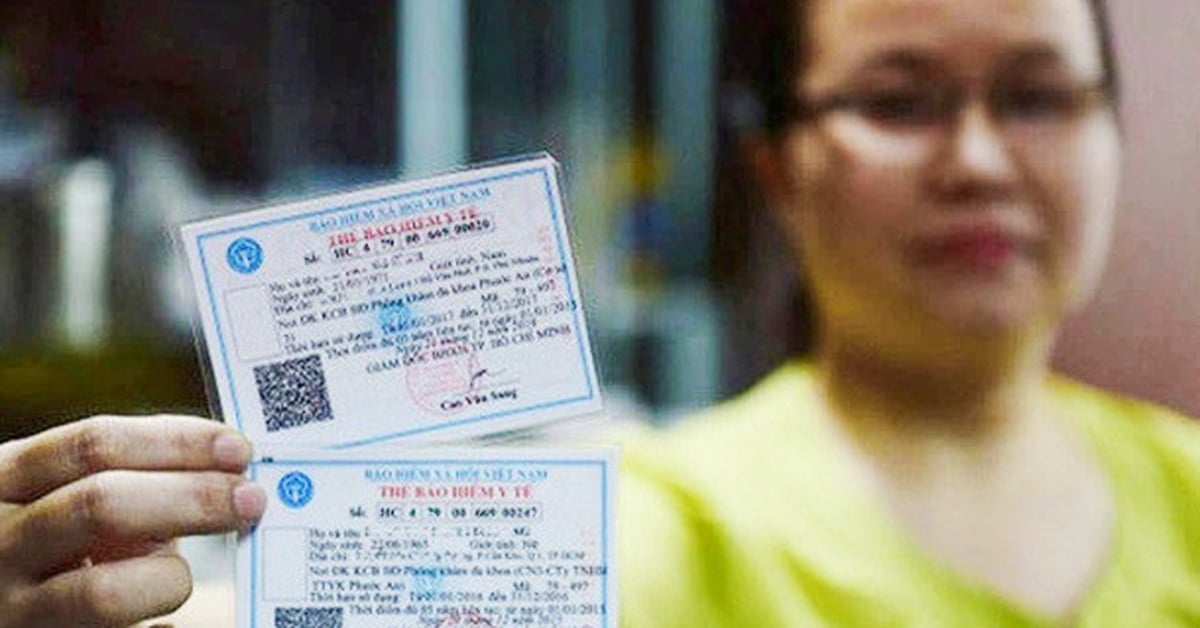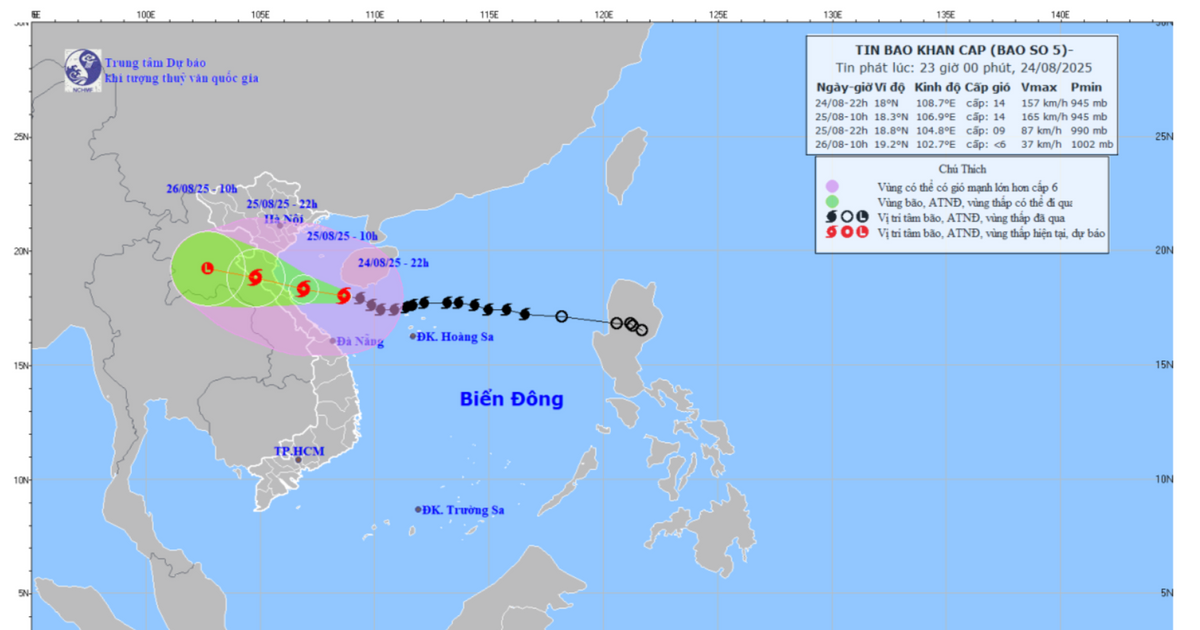The Securities Commission has just announced the collection of opinions on the proposal to draft the Personal Income Tax Law to be sent to the Ministry of Finance , including amendments to the regulations on tax payment when transferring securities.

Collecting a "flat" tax of 0.1% helps reduce the time for settling personal tax on securities investment, which is very complicated but also makes many investors feel unreasonable because they still have to pay tax even if they lose - Photo: QUANG DINH
Why is it necessary to amend personal income tax when selling securities?
The State Securities Commission has just notified domestic and foreign investors, securities companies, depository banks and market members about collecting opinions on the proposal to develop the draft Law on Personal Income Tax (replacement), sent to the Ministry of Finance (Department of Management and Supervision of Tax, Fee and Charge Policies).
This agency said that the dossier proposing to develop the draft Law on Personal Income Tax (replacement) has contents related to amending and supplementing regulations on personal income from investment/transfer of derivative securities; amending and supplementing regulations on income subject to personal income tax for capital transfer and securities transfer activities.
Previously, in the report assessing the impact of personal income tax, the Ministry of Finance admitted that selling securities at a loss and still paying 0.1% tax is "inappropriate".
A tax expert said that in 2007, the tax authority proposed a plan to temporarily collect a 0.1% tax on securities transfers, and after final settlement, deduct 20% from income.
Specifically, the securities company will temporarily deduct 0.1% of the total transfer value, the investor will make tax settlement and declaration later. If the amount of provisional tax paid is larger, the investor will be refunded and vice versa, if there is a shortage, the investor must pay more.
In case the cost price and related costs cannot be determined, investors will have to pay 0.1% tax on the total price of each sale. However, in 2014, the tax authority decided to apply the current method of collecting 0.1% on all transactions.
However, how to amend the Personal Income Tax Law on securities transfer to make it more reasonable is also a big issue.
Because if the tax rate of 20%/income (profit) from securities as previously proposed is not appropriate. Because this tax rate is equivalent to corporate income tax, while enterprises can account for all arising costs, individual investors cannot record the costs incurred.
How can Vietnam learn from developed markets?
An economist and stock investor living in the US said that in this country, when selling stocks at a loss, there is no tax to be paid. The loss will even be taken into account in calculating personal income for the year, thereby reducing personal income tax.
For example, an investor buys stock A for $10, then sells it for $20, making a profit of $10. In the case of a profitable sale, the US will divide it into two cases for tax purposes.
If that stock A is bought and held for less than 12 months and then sold, that short-term gain will be taxed at the same rate as the investor's ordinary income. That is, the investor's income will be subject to the equivalent tax bracket according to regulations.
In the second case, if stock A is purchased and held for more than 12 months, the profit from the sale will be considered long-term, and the tax paid will be more preferential. Accordingly, the long-term capital gains tax rate is 0%, 15% or 20% depending on the taxable income.
So when there is a loss, is there a tax? The expert gave an example: an investor bought and sold stock C and made a profit of $2,000, but when selling stock D, he lost $8,000. That means the investor's net loss is $6,000.
With this loss, investors can apply to deduct personal tax income.
For example, that year this investor had a total taxable income of $100,000, after deducting $3,000, would only have to pay tax on the remaining $97,000.
The remaining $3,000 loss will continue to be deducted in the following year, if this investor continues to lose money or does not make any transactions. This means that if an investor has a year with too many losses, the tax deduction will take place in many years later.
In the US, due to complex tax collection with many different tax rates, investors are advised to work with a tax expert to optimize their tax payments.
Source: https://tuoitre.vn/uy-ban-chung-khoan-lay-y-kien-sua-quy-dinh-nop-thue-khi-ban-chung-khoan-20241214090100067.htm











































































































Comment (0)